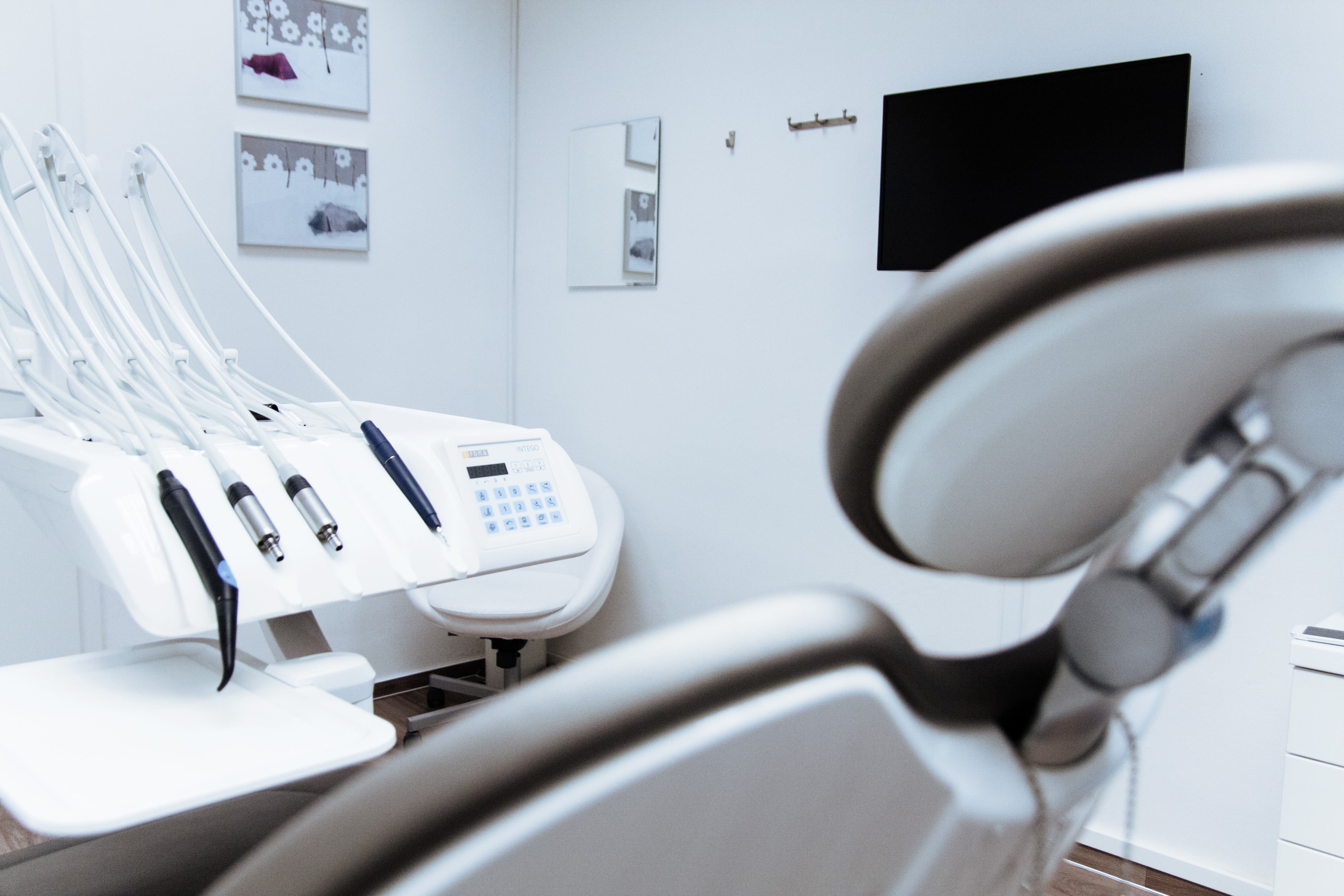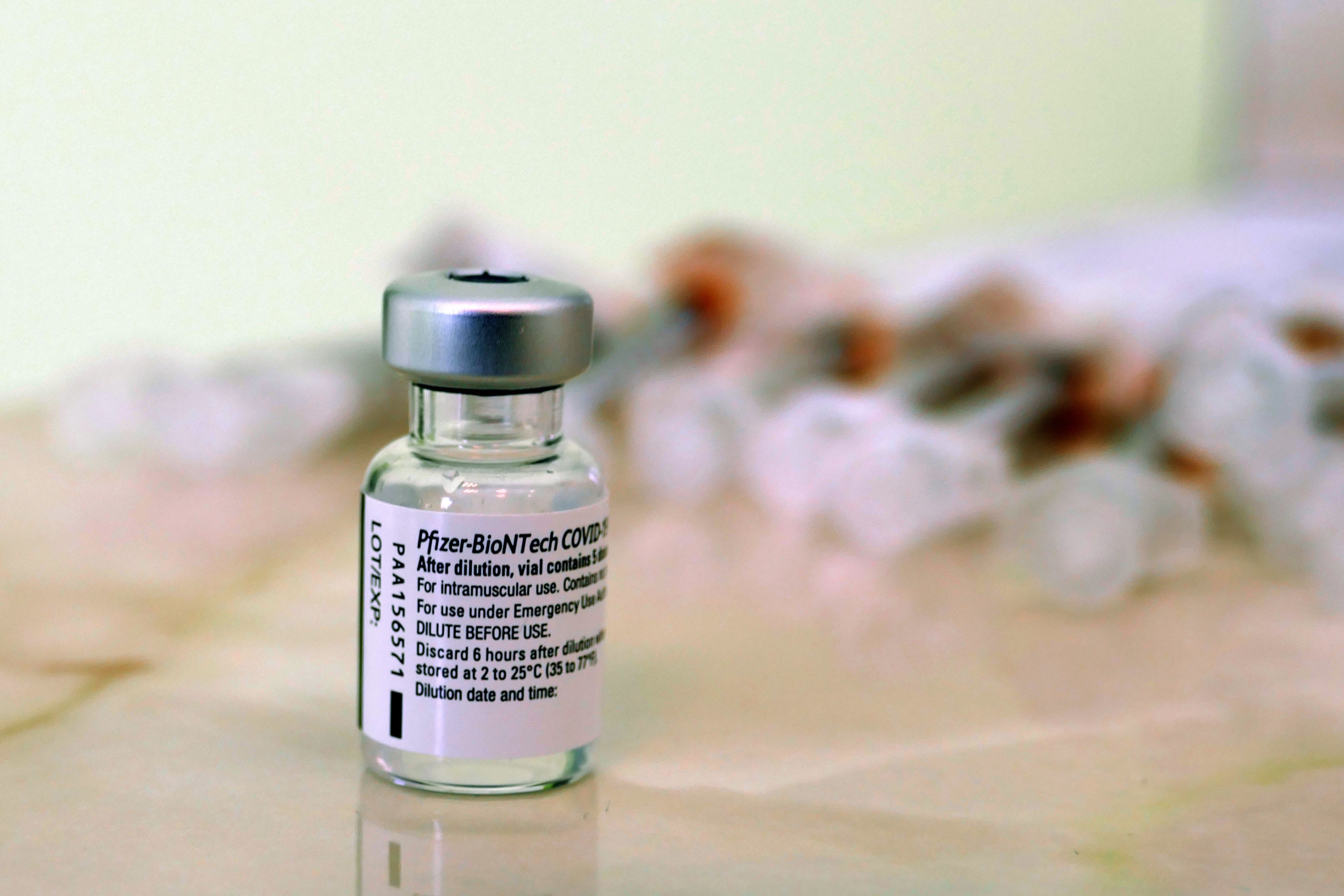Investing in healthcare
Exploring the opportunities and threats beyond the pandemic


The success of Covid-19 vaccinations has attracted interest beyond typical specialised investors who were invested before the pandemic.
But beyond the science, it is just as important for the adviser to consider the underlying business model, capital allocation and economics of the businesses when looking at health stocks.
While exposure to some healthcare innovation themes can be achieved through pharmaceutical companies to an extent, there are also opportunities in small to mid-cap biotech businesses.
This report will explore the investment opportunities and trends in healthcare beyond the pandemic.
It is worth 30 minutes of CPD.
Accessing health sector via generalist funds creates diverse portfolio
Almost two thirds of advisers have said they gain exposure to the healthcare sector via dedicated pharma/biotech funds, according to the latest FTAdviser Talking Point adviser poll.
A third said they preferred generalist funds.
Despite these results, advisers spoken to by FTAdviser say they prefer to gain exposure to the healthcare sector through generalist funds as this provides for a greater level of diversification, or through outsourcing the allocation decision-making to generalist managers who have expertise in that area.
Dominic James-Murray, chief executive of Cameron James, says: "We prefer to provide exposure to the healthcare sector through generalist funds rather than dedicated pharmaceutical or biotech funds, as this provides a greater level of diversification. A client request for direct exposure for dedicated pharma funds would be unusual.
"Using generalists funds also allows you to work with fund managers who have a much longer track record of performance across a broader range of assets."
Martin Stanley, chartered financial planner at Rowley Turton, says: "We rarely use very niche, concentrated funds in one economic sector, partly because the volatility is typically higher than we would want.
"The Pharma/biotech sector certainly has an important place in a diversified portfolio, but how much, and at what point does the allocation decision change? We don't have the expertise to answer those questions on an ongoing basis. Instead, we would rather outsource the allocation decision-making to generalist managers who allocate on an active basis according to their expertise.
The Pharma/biotech sector certainly has an important place in a diversified portfolio, but how much? and at what point does the allocation decision change?
"We prefer those generalist managers to have a highly flexible mandate: whether it’s pharma or some other area, we never want a manager being forced to hold a sector which they don't think is good value."
ima.jacksonobot@ft.com


Is investing in healthcare a safe bet during economic uncertainty?
Besides bringing attention to individual health and healthcare systems around the world, the pandemic has highlighted the impact of innovation within healthcare, from vaccines to online GP services.
The quick success of Covid vaccinations has attracted interest beyond typical specialised investors who were invested before the pandemic, says Kempen research analyst Sebastiaan van der Schoot, who has seen renewed interest in vaccine development for other infectious diseases.
Pictet-Health fund manager Moritz Dullinger agrees that the rapid rate at which vaccines were developed has shown the impact of innovation, but adds that from an investor’s perspective he has seen a “typical” boom and bust with vaccine players.
Dullinger cites telehealth as another example.
He says: “There was a lot of excitement when healthcare digitalisation got traction during the pandemic, but the market had to realise most of these products and services are not that special and easy to replace.
“This technology makes many things a lot easier, the addressable market is huge, but entry barriers are low; and with the market entry of new players, competitive dynamics changed to the worse.”
We believe some of these companies will be very successful with innovative technologies, but it will take some years for these to bear fruit.
Polar Capital Global Healthcare Trust’s Gareth Powell likewise says biotech and pharma companies’ work against Covid, and the level of fiscal and monetary stimulus, led to a significant “misallocation” of capital to more speculative areas of healthcare, leading to a stock market bubble that burst in the first quarter of last year.
“Stocks in the areas have collapsed on average by at least 70 per cent over the last few quarters, driven by central banks’ tightening, which raised the cost of capital, thus impacting these early-stage companies that will be losing money for several years as they develop their pipelines.
“Ultimately, we believe some of these companies will be very successful with innovative technologies, but it will take some years for these to bear fruit.
“The technologies are very exciting, and the idea of potentially curing patients versus chronic treatments that patients have to endure for many years is exciting, but again some ways off, potentially four to five years or more.”
So what investment opportunities and trends are there beyond the pandemic?
Looking ahead
Laurie Don, Liontrust sustainable investment manager, says a key area for the asset manager is gene therapy.
“The traditional model of healthcare is to provide a drug or therapy every day or week, he adds. "The promise of gene therapy is a one-off cure, fixing the disease for the long term.
“Another area is liquid biopsy, which enables the early detection and monitoring of cancer and other diseases through blood draws, rather than complex and intimidating solid tissue samples. This paves the way for early diagnostics and pre-emptive treatment, testing babies before birth and adults early and on an ongoing basis.”
On a similar theme, M&G Better Health Fund manager Jasveet Brar predicts that genetic sequencing, which can be used to diagnose diseases, will drive a healthcare revolution.
Brar says: “With advances in technology, it is now possible to sequence a genome in a few hours at a cost of less than $1,000 (£834).
“Continued progress will bring this down to $100 per genome in the coming years, translating to a 10mn-fold reduction in cost. We are just beginning when it comes to leveraging this technology.”
Investing in healthcare is not just about scientific insight.
Whether investors are interested in opportunities relating to diagnostics, treatment or something else, Alex Gold, Fidelity International portfolio manager, reminds of the importance of focusing on businesses and their fundamentals for consistent, long-term and attractive returns.
“Certainly, the science in this industry can be extremely alluring, and recent events such as Covid have reinvigorated and accelerated activity and interest towards the space," Gold says.
"As such, it can be tempting to invest in businesses involved in exciting new trials with potential for promising future pipelines.
“However, investing in healthcare is not just about scientific insight. In fact, in this sector there is the danger of focusing too much on the science and not enough on the underlying business model, capital allocation and economics of the businesses.”
Investing for impact as well as returns
Investing in healthcare is an example of a sector that can enable investors to deliver beneficial social impact alongside a financial return.
“Healthcare innovation is centred around improving medical outcomes and lowering total healthcare costs,” says M&G’s Brar. “Technology will play a key role in improving accessibility and helping fulfil the increasing demand for healthcare – demand which is driven by an ageing population and increased prevalence of lifestyle diseases.
“However, it is important to appreciate the complexities within a healthcare system and the fact that technology takes time to become the standard.”
Aanand Venkatramanan, LGIM head of exchange-traded funds, agrees digitalisation is likely to lower costs by making technologies, such as surgical robots, more available across hospitals and clinics.
“The use of robotics for surgical applications can lead to less invasive surgeries. Patients are then able to recover quicker and go home earlier, freeing beds for other patients needing medical care.
“Advanced diagnostic tools and genomics technologies are creating the opportunity to detect illnesses much earlier than is currently possible and improve treatments. Telehealth could help provide healthcare to a wider range of patients remotely.
“As a result, healthcare technology innovation could help address challenges caused by capacity constraints, free up hospitals, clinics and medical centres, ultimately accommodating a larger group of people to access healthcare.”
Henk Grootveld, Lombard Odier Investment Managers head of trends investing, cites how telehealth and online pharmacies have widened access to healthcare services in rural China.
“We expect the same will happen in other Asian countries with large smartphone penetration, like India,” he adds.
A portfolio point of view
For those looking to invest in healthcare innovation, HSBC Asset Management’s co-head of sustainable healthcare equity, Nathalie Flury cites a “full spectrum” including private equity funds, single line equities and mutual funds.
But she adds: “As innovative healthcare and biotech stocks can be very volatile as a result of clinical trial results and market conditions for example, a fund’s approach makes a lot of sense for investors, as it is a diversified portfolio mitigating risks, and is managed by specialists in the field.”
Polar Capital’s Powell adds the best way, in his view, is active management strategies in funds that can invest in small/mid cap healthcare.
He says: “The healthcare sector is unique in that stock-specific risk is very high in pharma, medtech and biotech, which therefore is supportive of active management strategies.”
While exposure to some healthcare innovation themes can be achieved through pharmaceutical companies to an extent, Luke Barrs, head of fundamental equity client portfolio management at Goldman Sachs Asset Management, likewise highlights opportunities in small to mid-cap biotech businesses.
“This is a big generalisation, but what you’ve seen over the last decade is a lot of large pharmaceutical companies have reduced their spending on research and development, and effectively allowed it to be outsourced to smaller start-up biotech businesses.”
Where these businesses have been successful, large pharmaceutical companies with significant cash on balance sheets have acquired their capabilities through a merger or acquisition, says Barrs.
But when it comes to investing in fields such as genomics and precision medicine, Barrs says the most effective way to do so is via small to mid-cap biotech.
“Now, these can be single drug businesses, there can be a lot of risk and variability of outcome because there will be high failure rates," Barrs says.
“But we do believe there is a significant potential for those who can prove the innovation works, and get through those various stages of approval to monetise those quite significantly over time, with the exit being potentially M&A by big pharma companies as well.”
How defensive is the healthcare sector?
Whether or not investors are looking to make a beneficial social impact, the healthcare sector is regarded as having defensive characteristics.
Luyi Guo, Janus Henderson Investors research analyst, says the earnings decline among biopharma companies will be more muted than many other industries.
She says: “New drug launches are typically not correlated to the economic backdrop.
“If a new and innovative product addresses a big unmet medical need, and becomes the new standard of care and has a good safety profile, then the launch is likely to be successful. For example, we have seen multiple successful launches, despite the pandemic disruption.
“If there is a recession, there likely will be some impact on more mature on-market brands, when unemployment rises and more patient assistance programs are used. But there should be less impact from unemployment than in other industries.”
The old adage that ‘everyone keeps taking their medicine’, even during economic downturns, still rings true today.
Describing healthcare as a secular growth sector, HSBC Asset Management’s Flury points to a global demographic trend towards an ageing population with continuous need for chronic care.
“With heightened geopolitical and macro risks, we see the healthcare sector as one of the few equity segments offering earnings stability and capital return at a still favourable valuation,” she adds.
Sven Borho, Worldwide Healthcare Trust co-manager, agrees healthcare stocks have been relatively resilient.
Borho says: “The turbulence of the broad market environment is significant and we have seen various market indices with very severe sell-offs and entering bear market territory.
“However, healthcare stocks have been much more resilient. Their defensive characteristics are well known as the companies’ businesses are much less sensitive to economic gyrations.”
“The old adage that ‘everyone keeps taking their medicine’, even during economic downturns, still rings true today,” adds, Trevor Polischuk, WWH co-manager. “Additionally, valuations have remained in check in healthcare, and the bargains in biotech are especially plentiful.”
Towards the opposite end of the market cap scale, where the business model is much more nascent, are companies unlikely to be classified as defensive.
Although traditionally healthcare is often considered a defensive sector, Liontrust’s Don also distinguishes between market caps.
“The large-cap pharmaceutical names… tend to be less volatile and impacted less by recessions than the broader market.
“Towards the opposite end of the market cap scale, where the business model is much more nascent, are companies unlikely to be classified as defensive. Here you can expect much more volatility with trial readouts, regulatory change or moves in interest rates having a much bigger impact on share prices.”
Meanwhile, Lombard Odier’s Grootveld prefers to describe healthcare innovation as a good diversifier, with its limited correlation to economic downturns.
He says: “Healthcare innovation is not risk free. Your potential cure for Alzheimer’s might fail, or your apnea machine might stop working properly, which will have huge consequences for the biotech or MedTech companies involved.
"On the other hand, higher interest rates or rising unemployment are not known to interfere much with cancer treatments or diabetes care.”
chloe.cheung@ft.com

Credit: Mart Production via Pexels
Credit: Mart Production via Pexels

Credit: Pavel Danilyuk via Pexels
Credit: Pavel Danilyuk via Pexels

Credit: Tima Miroshnichenko via Pexels
Credit: Tima Miroshnichenko via Pexels

Credit: Photo by Zoltán Bencze via Pexels
Credit: Photo by Zoltán Bencze via Pexels

